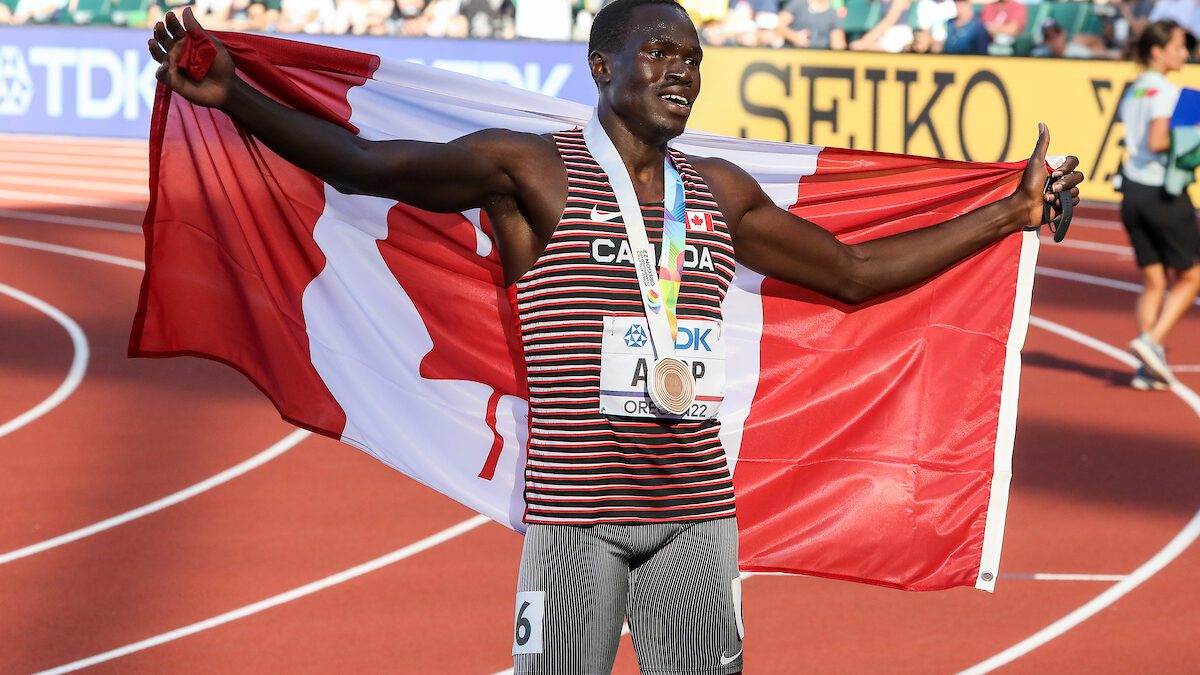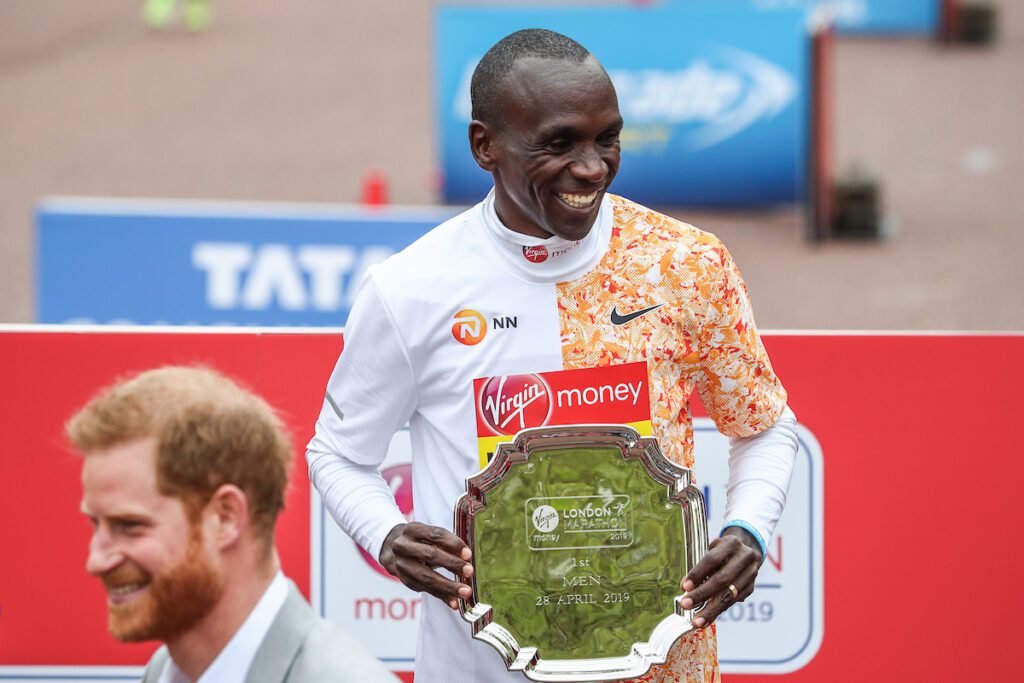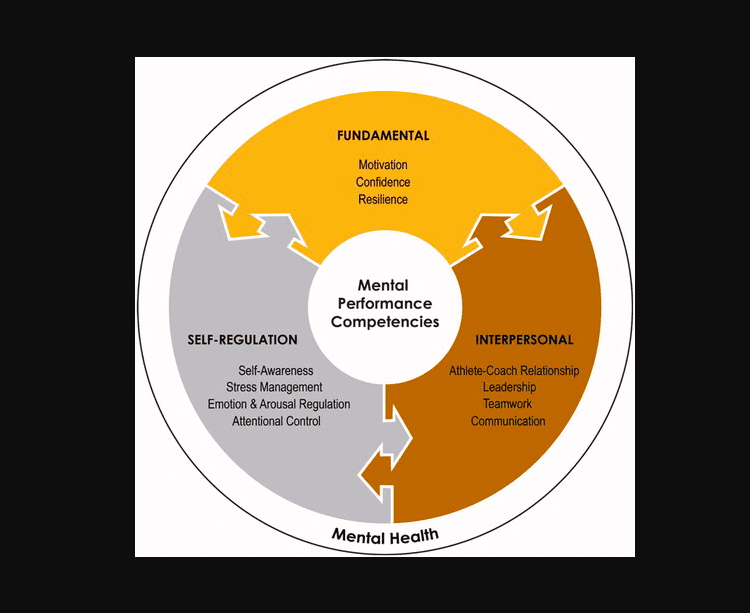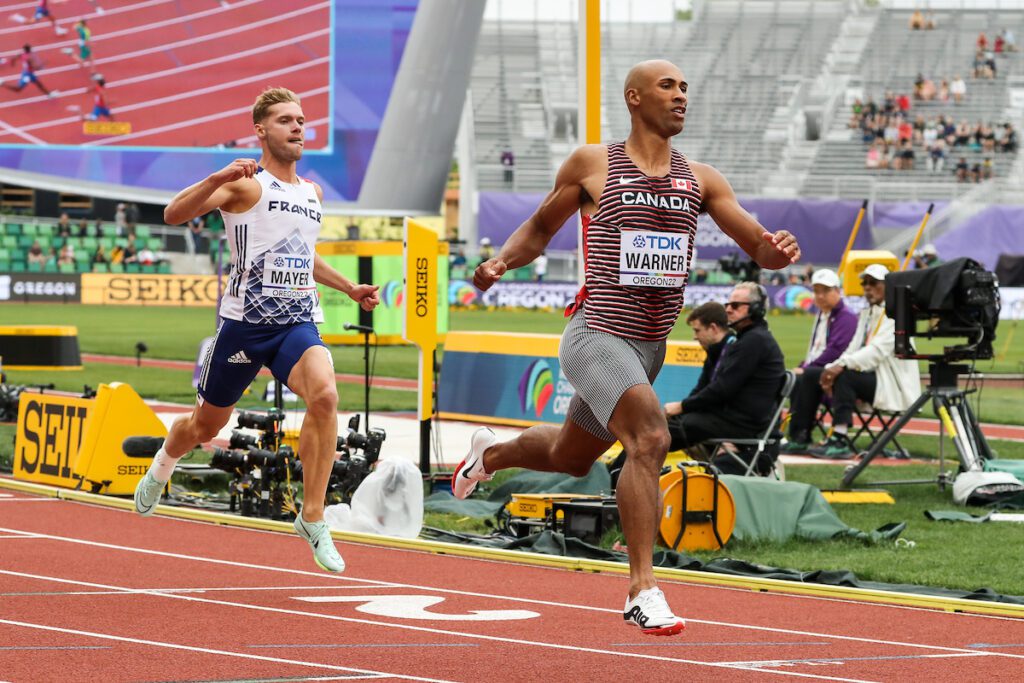How to train your mind like an elite athlete
Sports psychologists identified 11 mental skills of elite athletes. You can have them too
 Photo by:
Kevin Morris
Photo by:
Kevin Morris
What separates an elite athlete from the rest of us? Most people will argue they have a superhuman-like level of physical superiority that is unattainable for the average Joe. While it is true that most of us will never reach the levels of success of Eluid Kipchoge or Paula Radcliffe, there is one way we can be more like our running heroes–our mental game. In 2019, the Canadian non-profit Own the Podium gathered six elite sports psychologists to scour the current sports psychology research. They developed “The Gold Medal Profile for Sport Psychology” and published it in The Journal of Applied Sports Psychology. Want to know how to improve your mental game? We’ve broken down their findings here.

The mental elite
Yes, elite athletes are blessed with physical gifts that the rest of us don’t have. But that isn’t the only reason they’re successful. It’s their natural ability combined with their obsessive passion for practising and improving that has allowed them to rise above their peers and reach the highest level of sport. But how do these athletes stay so dedicated, even when things aren’t working out in their favour? How do they always seem to push through and carry on, no matter how tough a practice or competition gets?
The psychologists interviewed by Own The Podium have come up with 11 mental skills that the elites have mastered, broken down into three categories: fundamental skills, self-regulation skills and interpersonal skills. Olympic podiums may not be in your future, but improving these mental skills may help you snag that new PB or age-group podium you’re after.

Fundamental skills
The psychologists deemed these skills as the most important, which is why they’re in the gold category.
Motivation: In particular, intrinsic motivation, which comes from within, rather than being dictated from someone or somewhere else. Intrinsic motivation results when someone has high levels of competence, relatedness and autonomy–i.e., they’re good at them and want to perform well for the sake of performing well, rather than for accolades or medals (even though those are usually be present also).
Confidence: You can watch countless interviews with athletes who have finally reached a career-long goal, and they all say something along the lines of: “I just knew I had it in me, I knew I could do it if I just kept at it.” If you believe you will achieve something, you’re much more likely to do so.
Resilience: Remember when Evan Dunfee made a heroic push to go from fifth to third in the final stretch of the men’s 50K race walk at the 2021 Olympics? Most of us would’ve counted ourselves out, but he didn’t. How many times have you watched an athlete fall in the first lap of a race, only to get up and storm back to take the win? Things don’t always go perfectly, but an athlete who can deal with and rise above adversity will always have the advantage.
Fundamental skills for recreational runners:
- Don’t shy away from a challenge
- Find a group to train with and keep you motivated
- Believe in your ability to achieve your goal
- Don’t throw in the towel just because conditions aren’t perfect or you encounter an injury or other setback

Self-regulation skills
These are in the silver category, and involve your ability to manage your thoughts and emotions in a way that helps (rather than hinders) achievement. They include mastering things like self-awareness, stress management, emotion and arousal regulation and attention control.
Self-regulation skills for recreational runners
- Figure out what kind of psychological state you need to be in to perform well, and how “pumped up” you need to be before a workout or competition
- Work on looking inwardly and understanding where you’re at psychologically at any given moment, so you can assess whether you’re “in the zone” or not
- Figure out what tools you need (like deep breathing, upbeat music, etc.) to get yourself ready for competition
- Practise focusing your attention on your body and its cues and filtering out distractions

Interpersonal skills
These are in the bronze category and describe how you deal with other people, like coaches, teammates and other competitors. They include aspects such as the athlete-coach relationship, leadership, teamwork and communication.
Interpersonal skills for recreational runners
- Build yourself a good support system–get a coach or a dedicated running buddy, or join a running club
- Communicate effectively with your coach or running friends. A good coach or running group can help you troubleshoot problems when you’re in a training rut.

